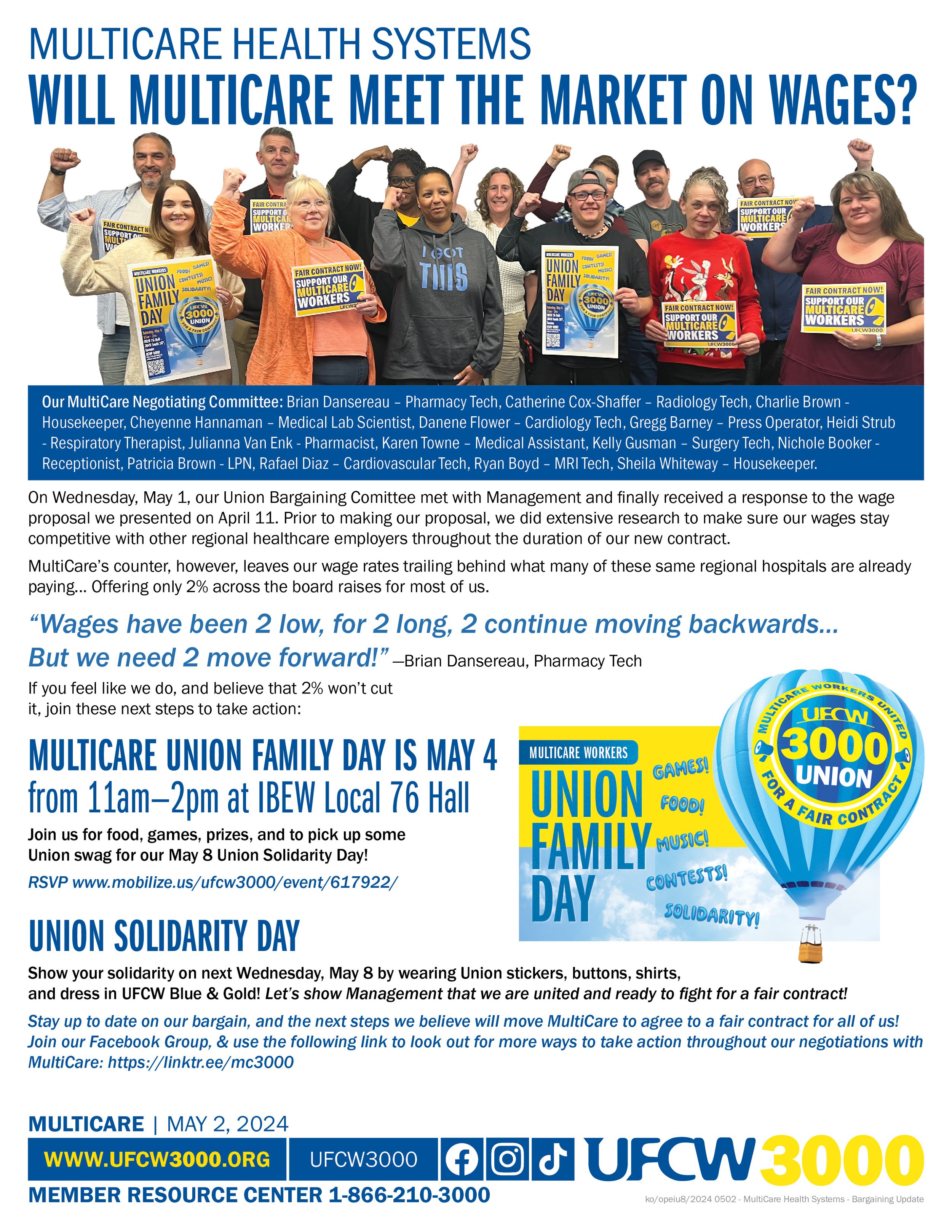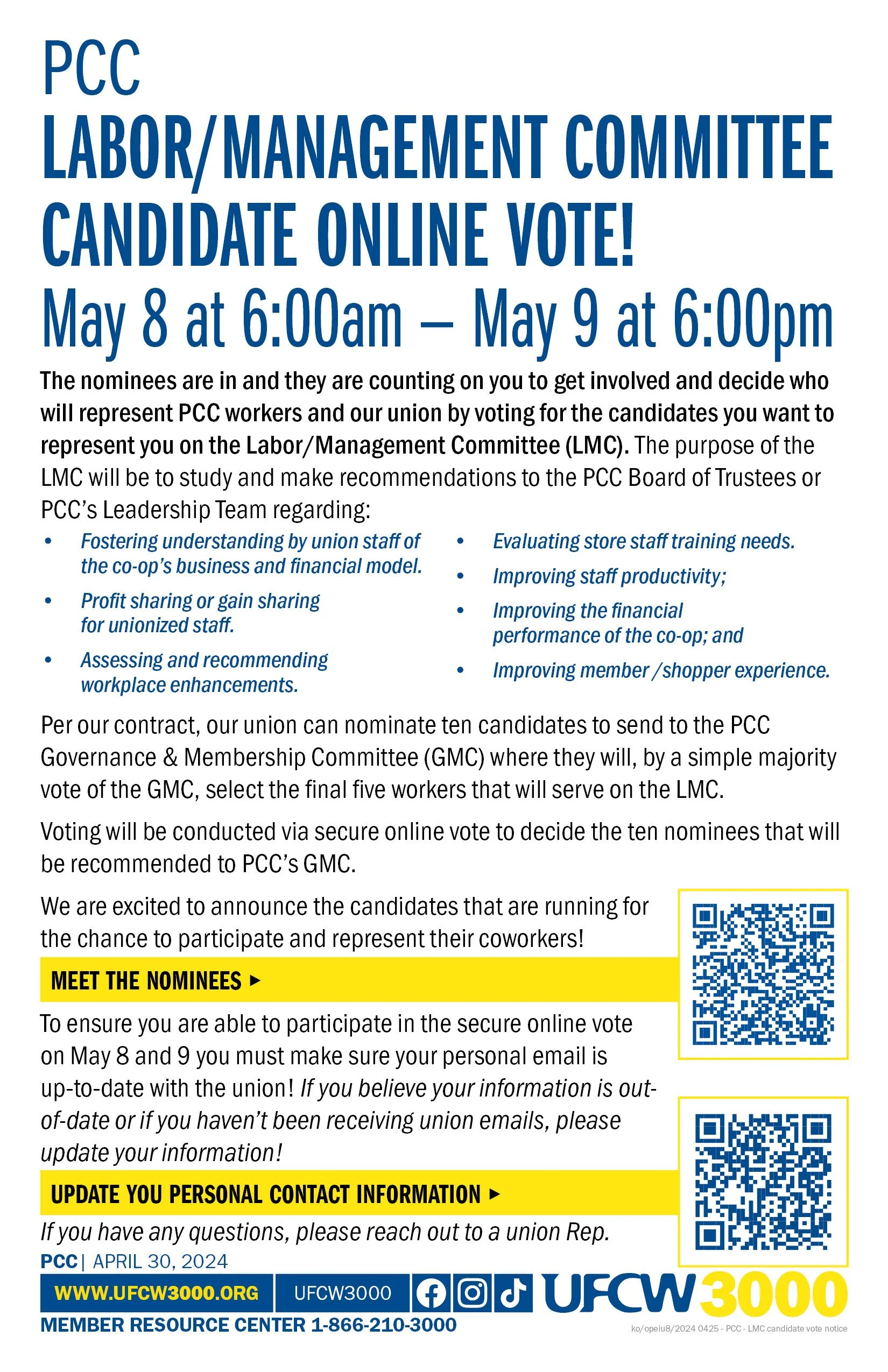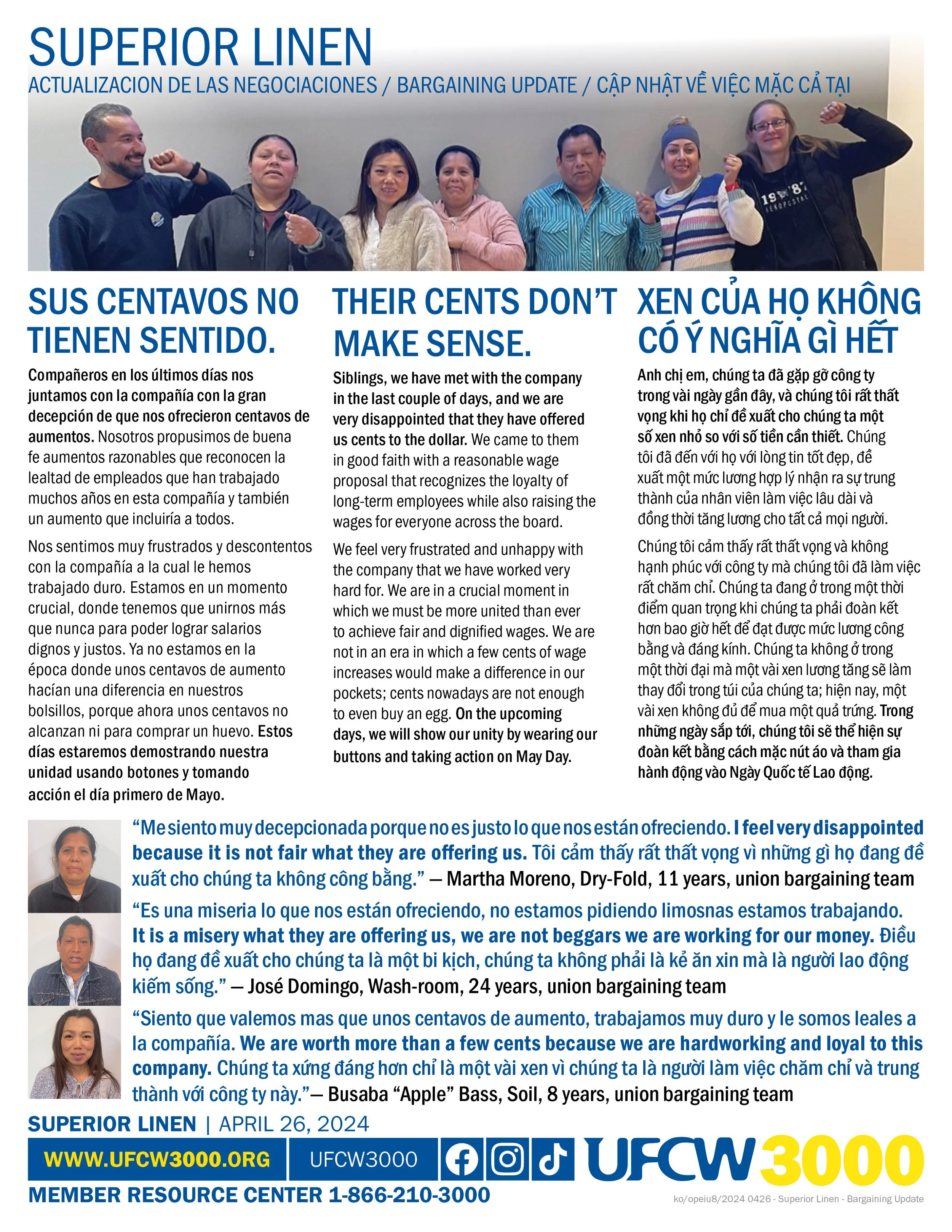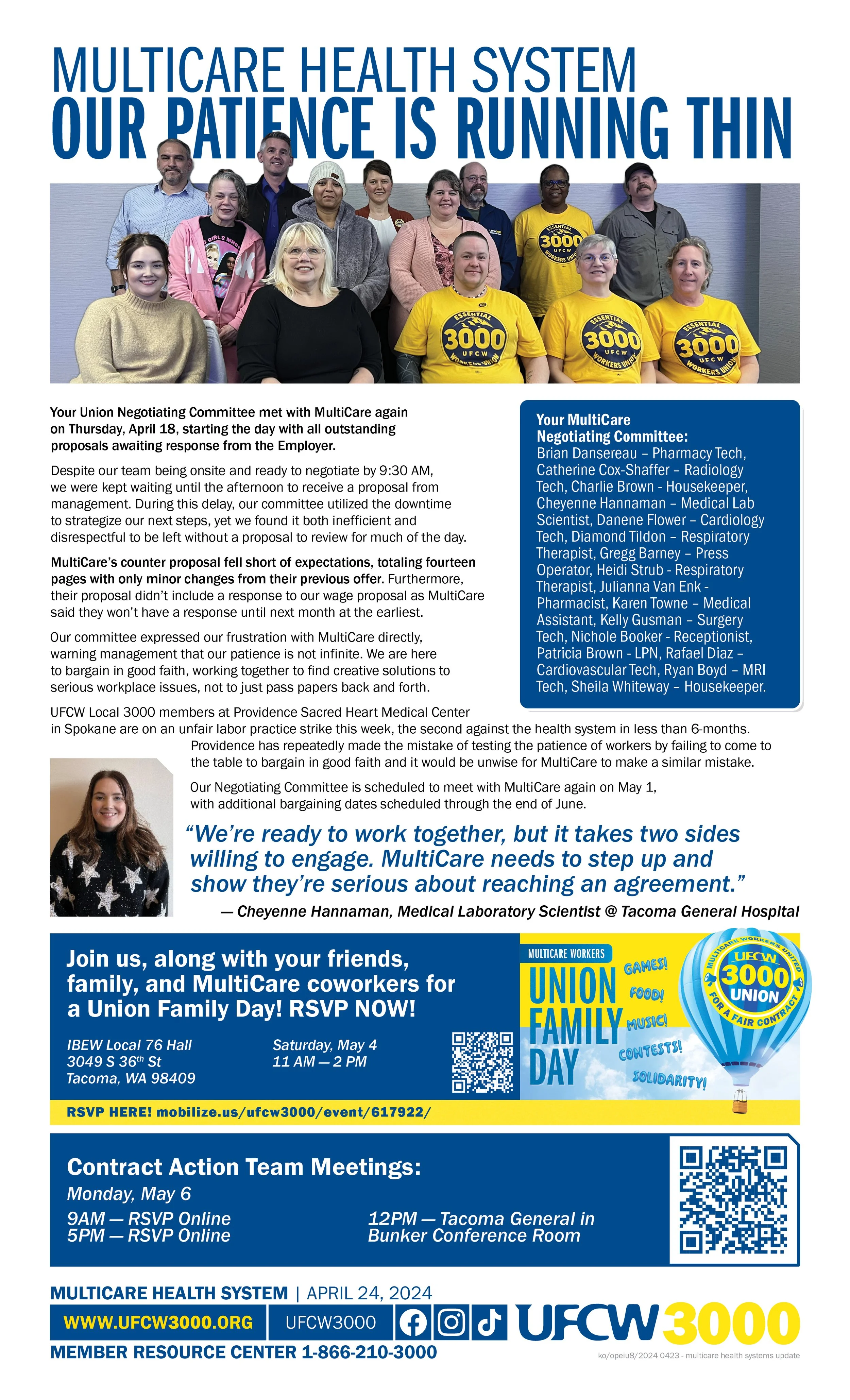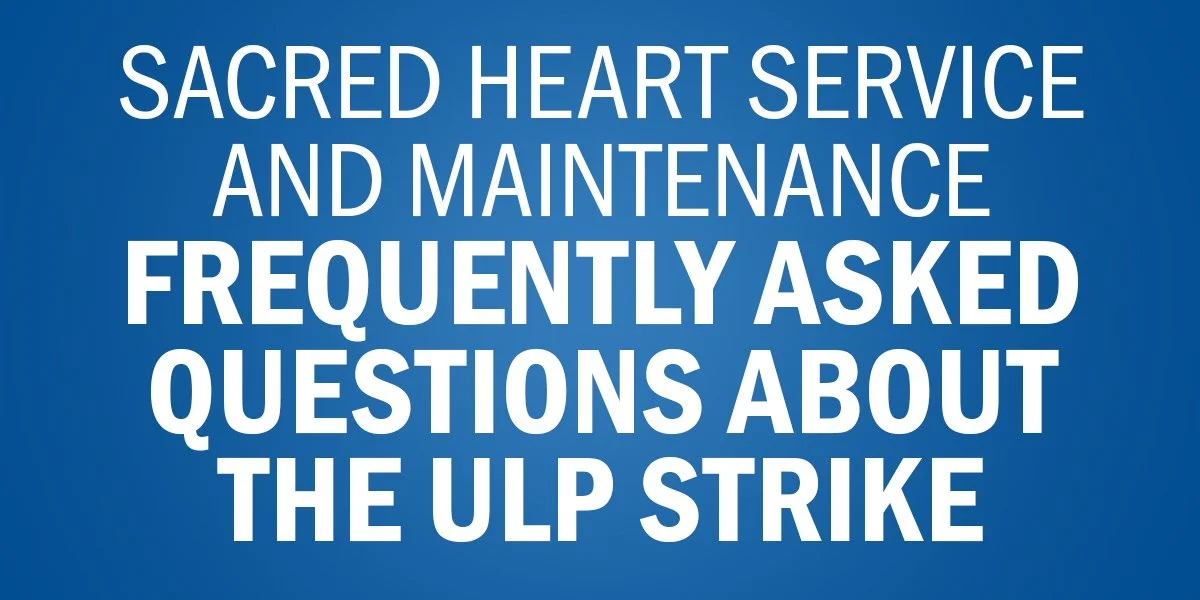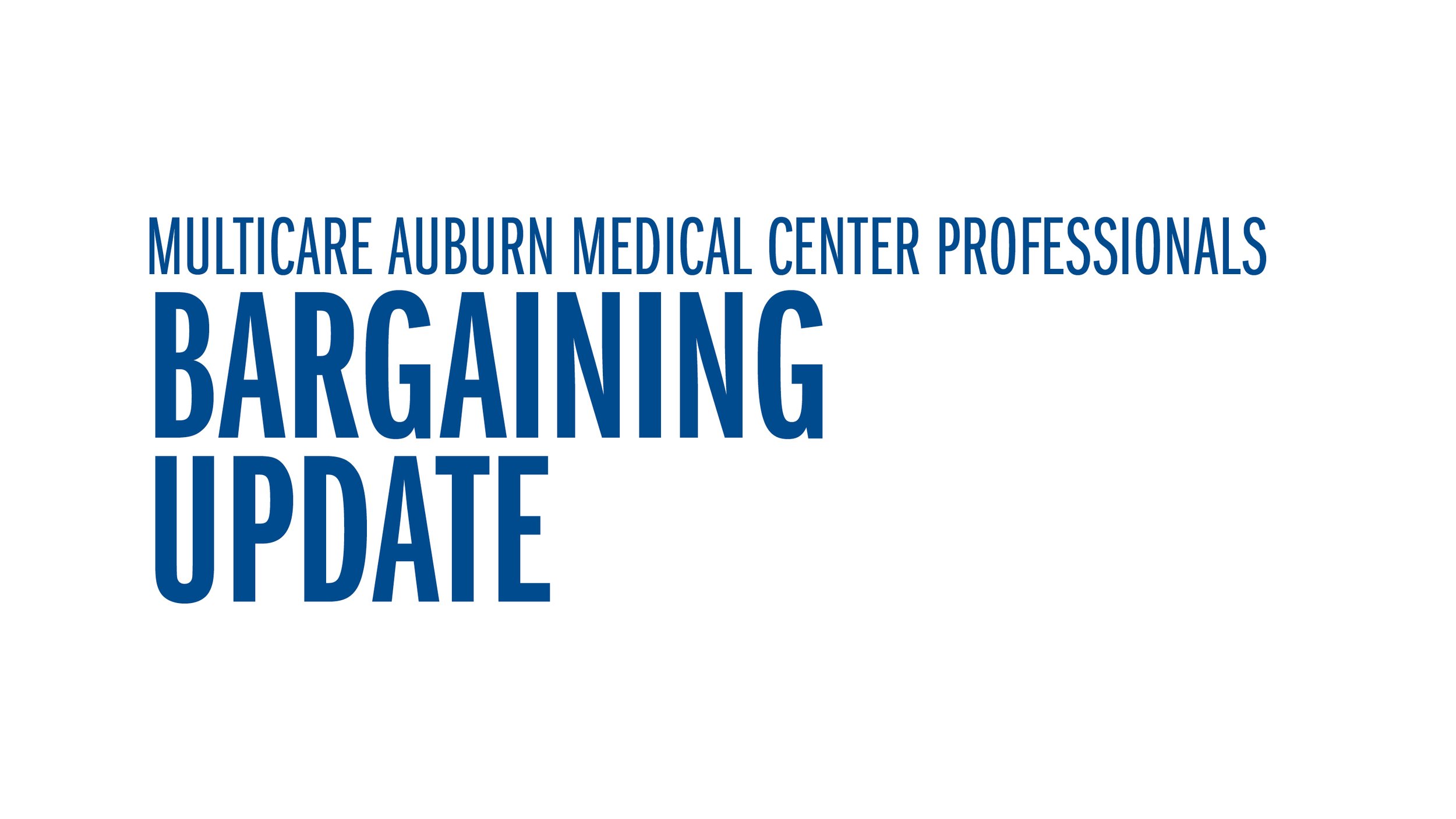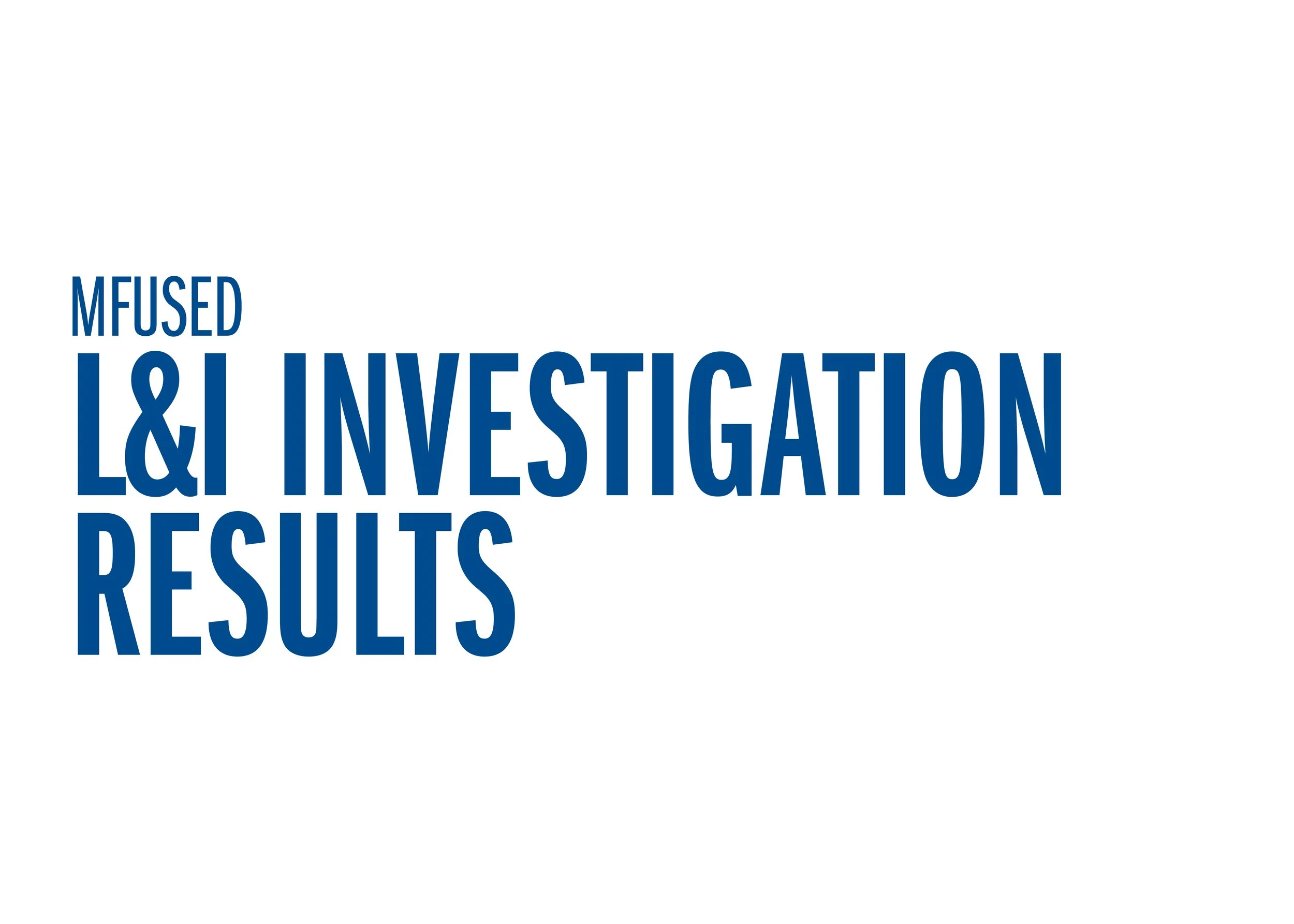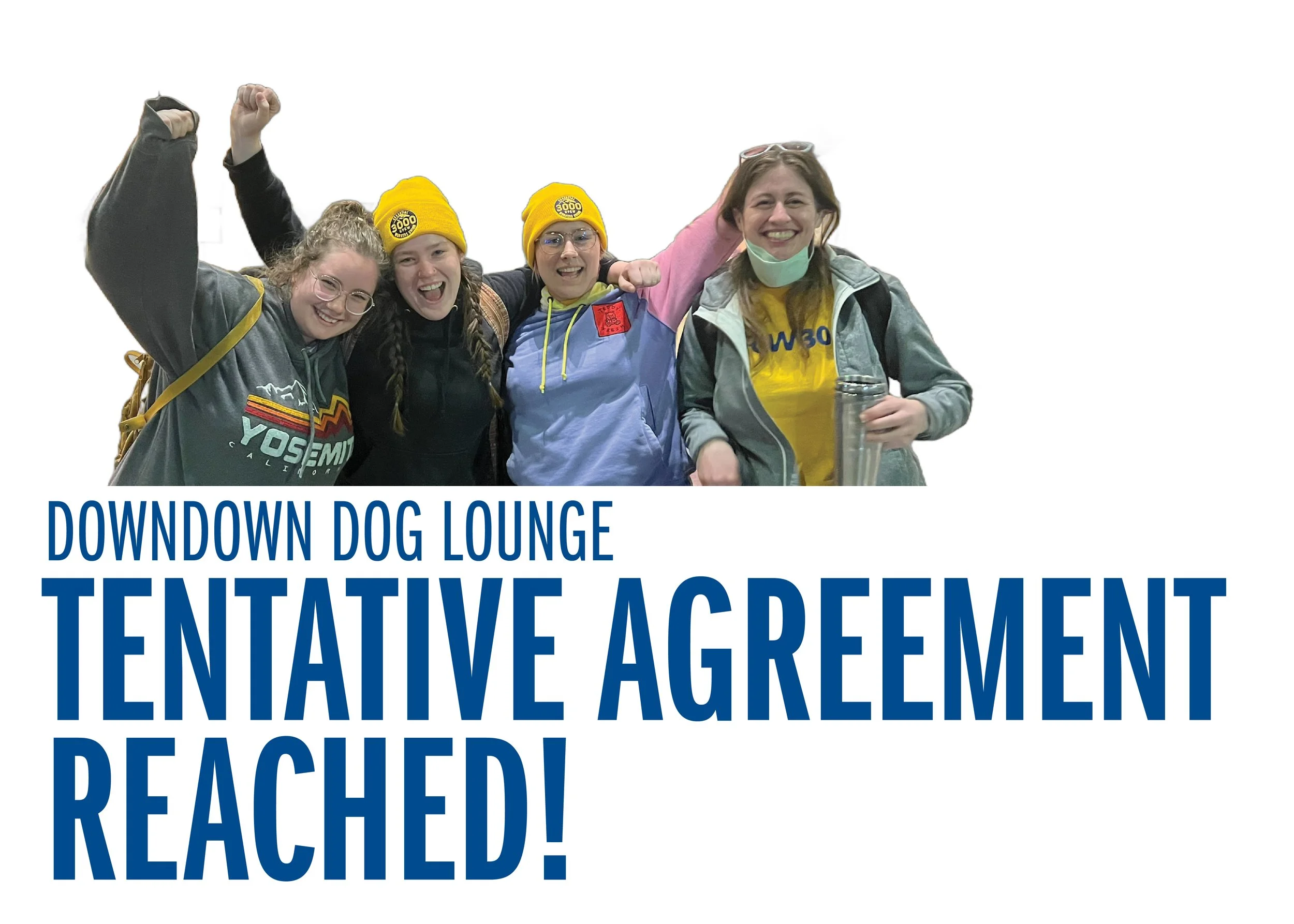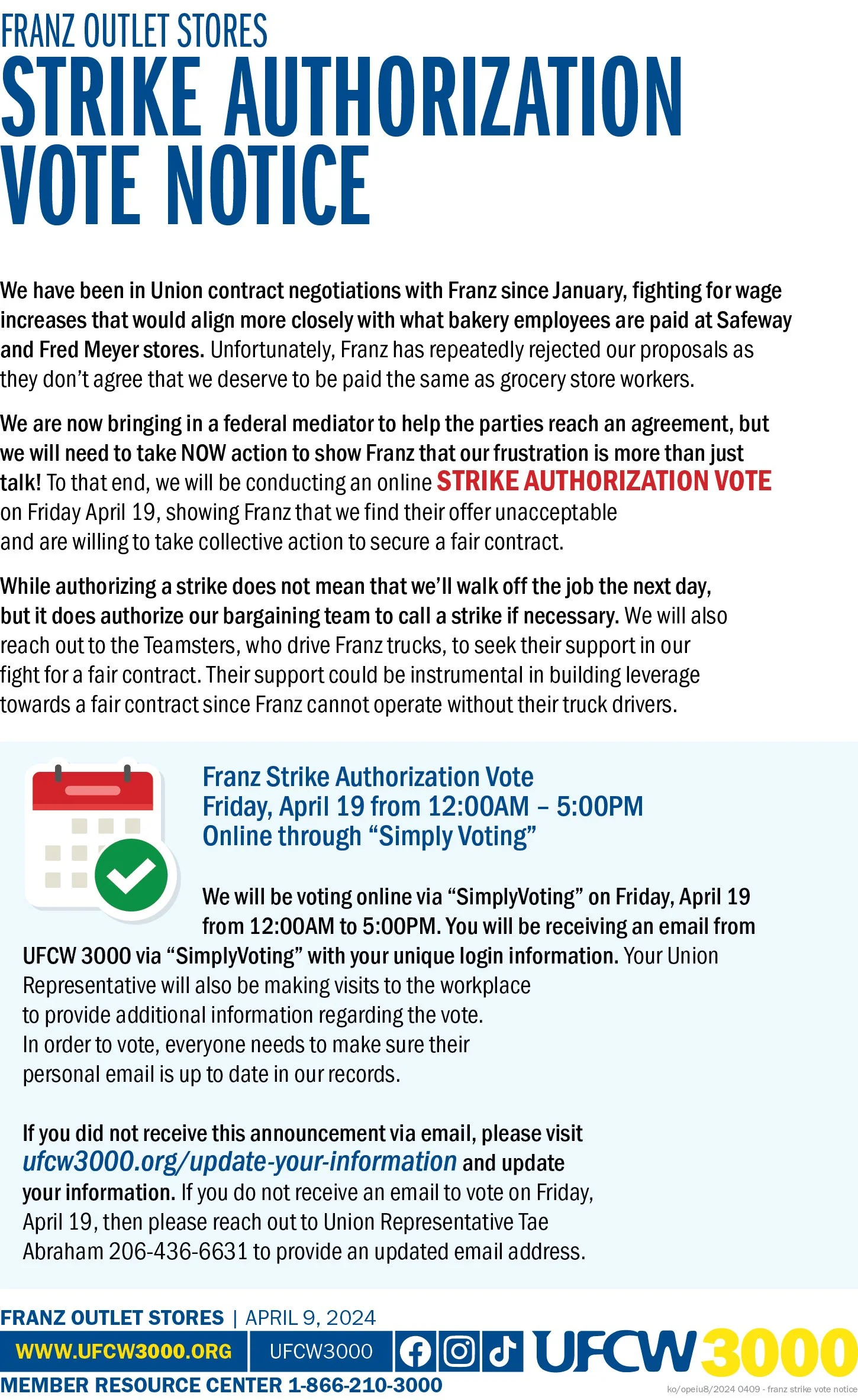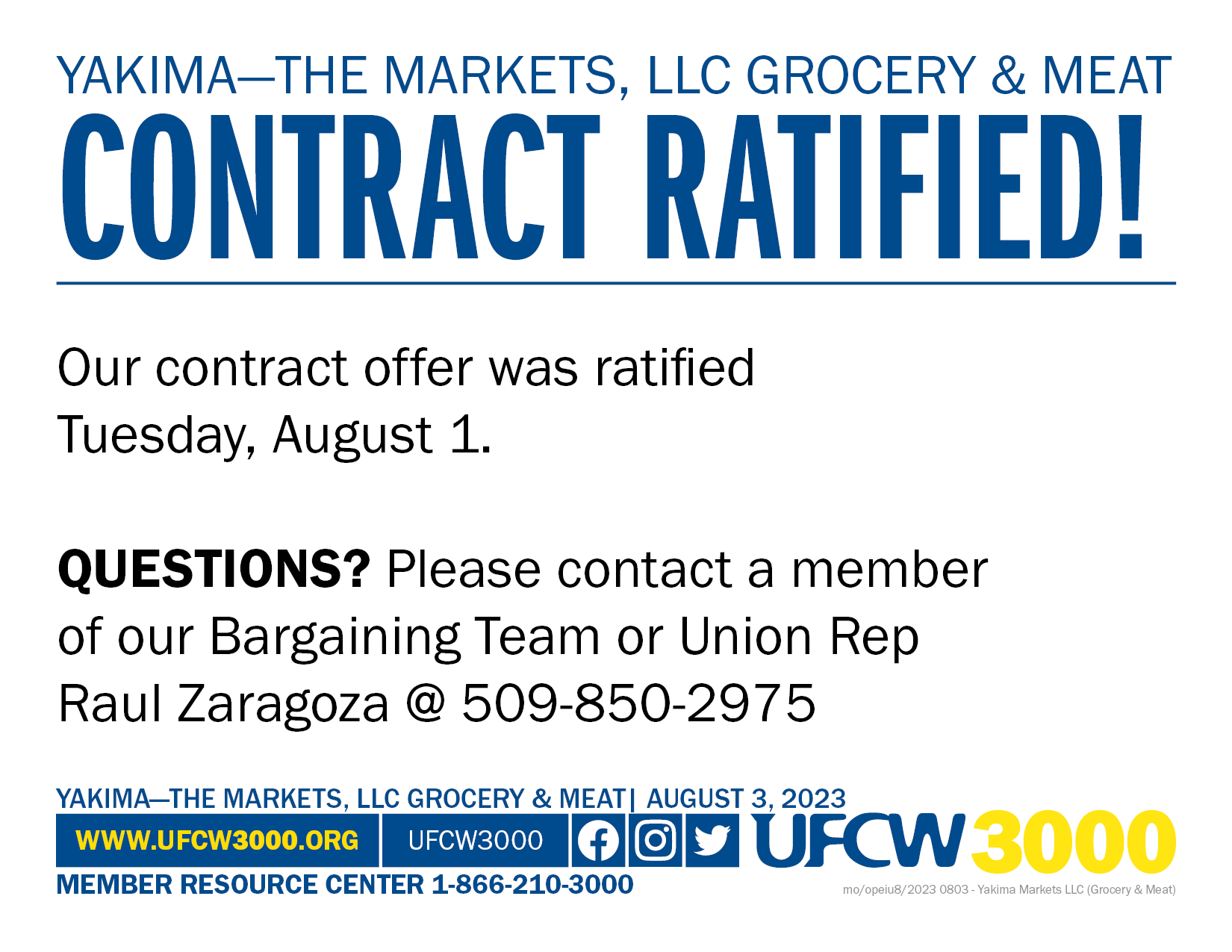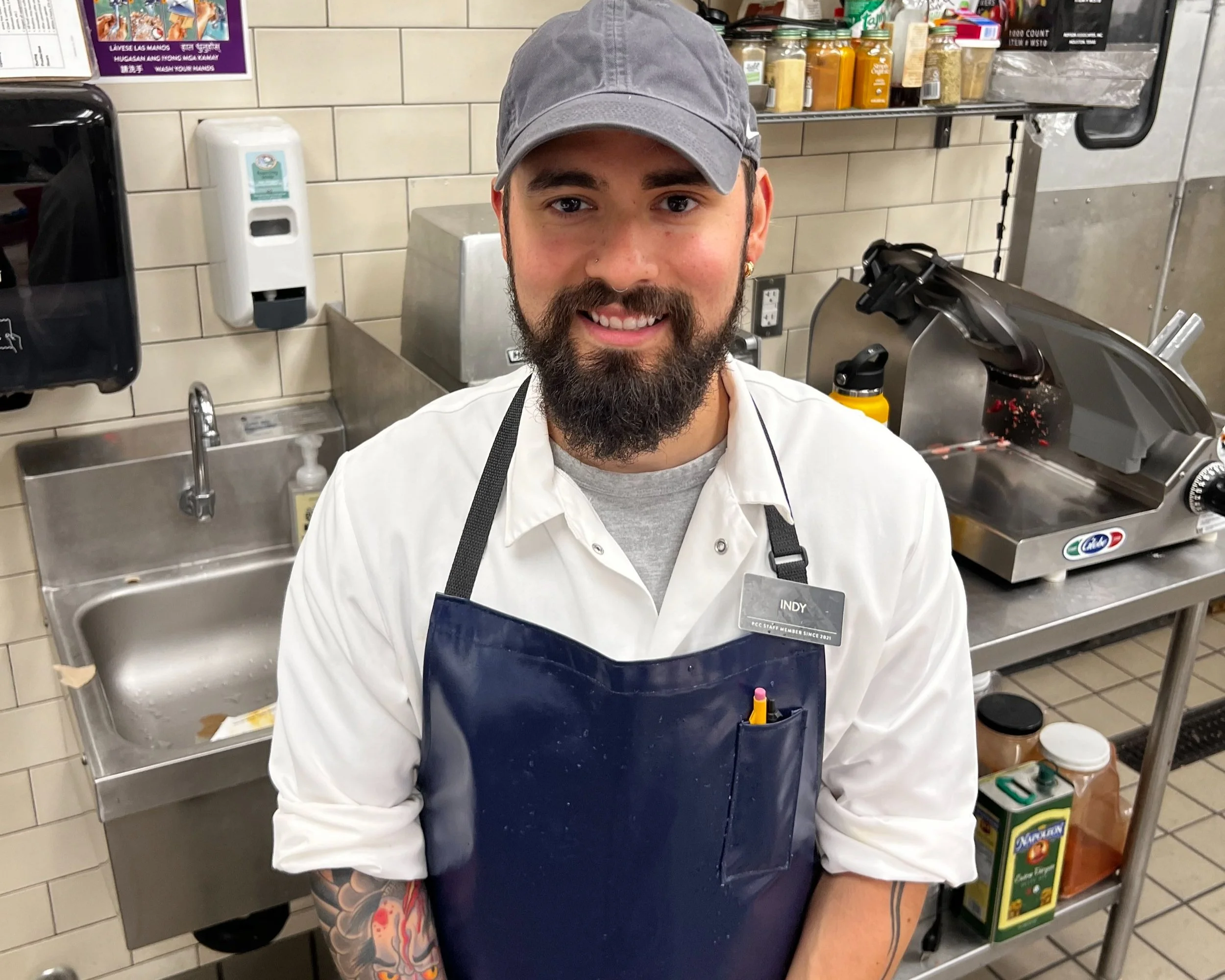Meet Indy Mendoza, who works as a meatcutting apprentice at PCC Community Markets. Indy has completed his first year of his apprenticeship and loves working at PCC where he has worked since 2020. Prior to that, he worked as a chef in the restaurant industry. When the pandemic hit, he decided he wanted something more stable than restaurant work could provide.
He didn’t start immediately in the Meat Department, but he was interested early on:
“I started as a Night Crew worker and during that time I got to know the people working in the Meat Department. I talked with them a lot and got to hear what they liked about their job and it felt like a good fit for me because of my previous experience as a chef and personal love of food. I also liked that it was a trade that I could get trained in and work towards making a long-term career.”
Indy’s participation in the Puget Sound Meat Cutter Apprenticeship program has helped him gain the skills to not only be a proficient meatcutter but to also assist customers with the protein center of their plates:
“…My people skills have been able to shine. In my previous work, and in my starting position as night crew, I didn’t get to interact with customers as much. Being in the Meat Department and talking to customers and giving recommendations has become my favorite part of the job!”
Indy also likes to pass on information about the benefits of the union contract to his coworkers to help build the Union:
“I really enjoy when the Union reps come to visit because they explain things in a way I can understand and then I can better pass that understanding on to my coworkers. I’m grateful to be in a Union because I feel like my voice can be heard.”



